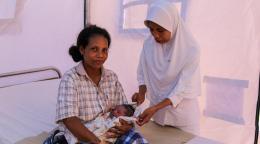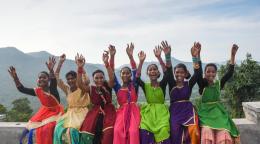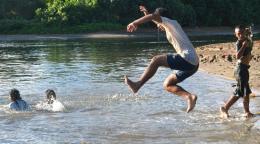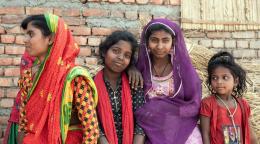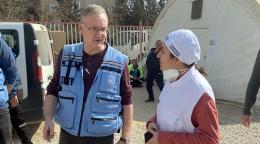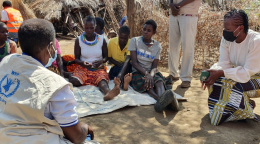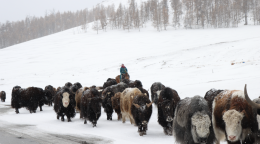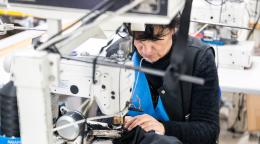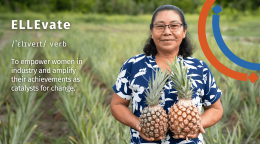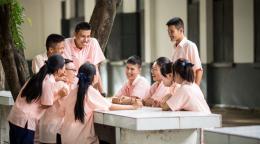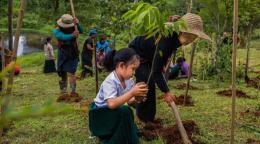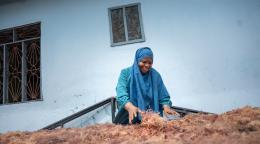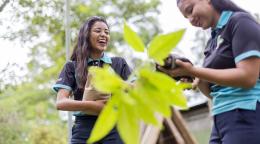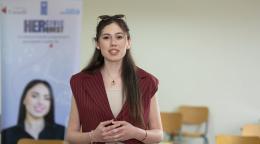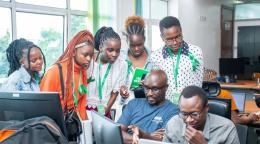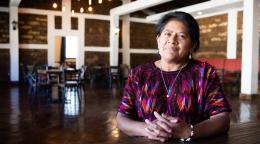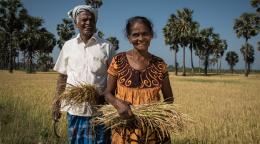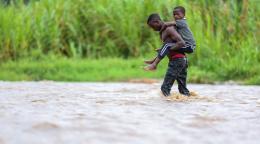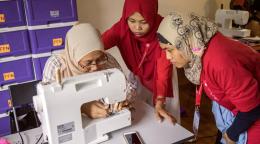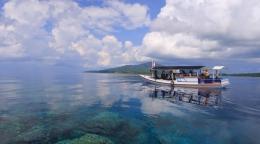From Peaks to Peace: Women in Bosnia and Herzegovina Lead the Way
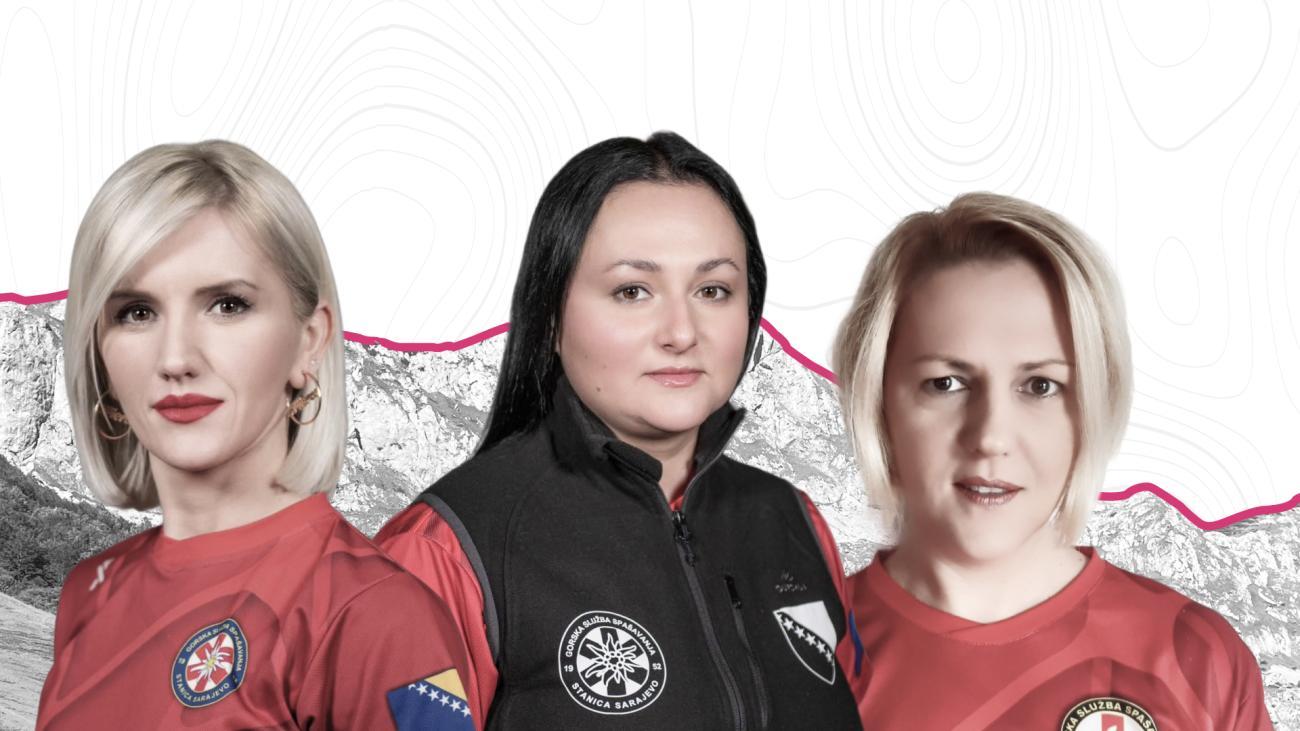
As the world marks 25 years since the adoption of the Women, Peace and Security agenda this October, Bosnia and Herzegovina stands out for its progress through collective UN action. Under the joint programme “Women Lead the Way Towards Peace and Security in Bosnia and Herzegovina,” UN Women, the UN Population Fund (UNFPA) and the International Organisation for Migration (IOM) are partnering with the Ministry for Human Rights and Refugeesand other national institutions to strengthen women’s leadership in safety, protection and crisis response. From mountain rescue teams to local peace initiatives, women are breaking barriers and ensuring that everyone contributes equally to community resilience.
Women’s participation in security and protection, including in mountain rescue services, is not only a matter of equality but also of greater effectiveness and resilience. With sustained support from the United Nations Secretary-General’s Peacebuilding Fund, the joint programme continues to highlight women’s indispensable role in building safer and more inclusive communities across the country.
Members of the Mountain Rescue Service (Gorska Služba Spašavanja, GSS) embody this spirit of leadership and service, demonstrating courage and solidarity in some of Bosnia and Herzegovina’s most demanding conditions. In an interview with the UN in Bosnia and Herzegovina, Matilda Anđelić from GSS Konjic Station, and Arina Bešlagić and Nisada Višća from GSS Sarajevo Station, shared how their experiences in mountain rescue are redefining what it means to lead in rescue and protection work.
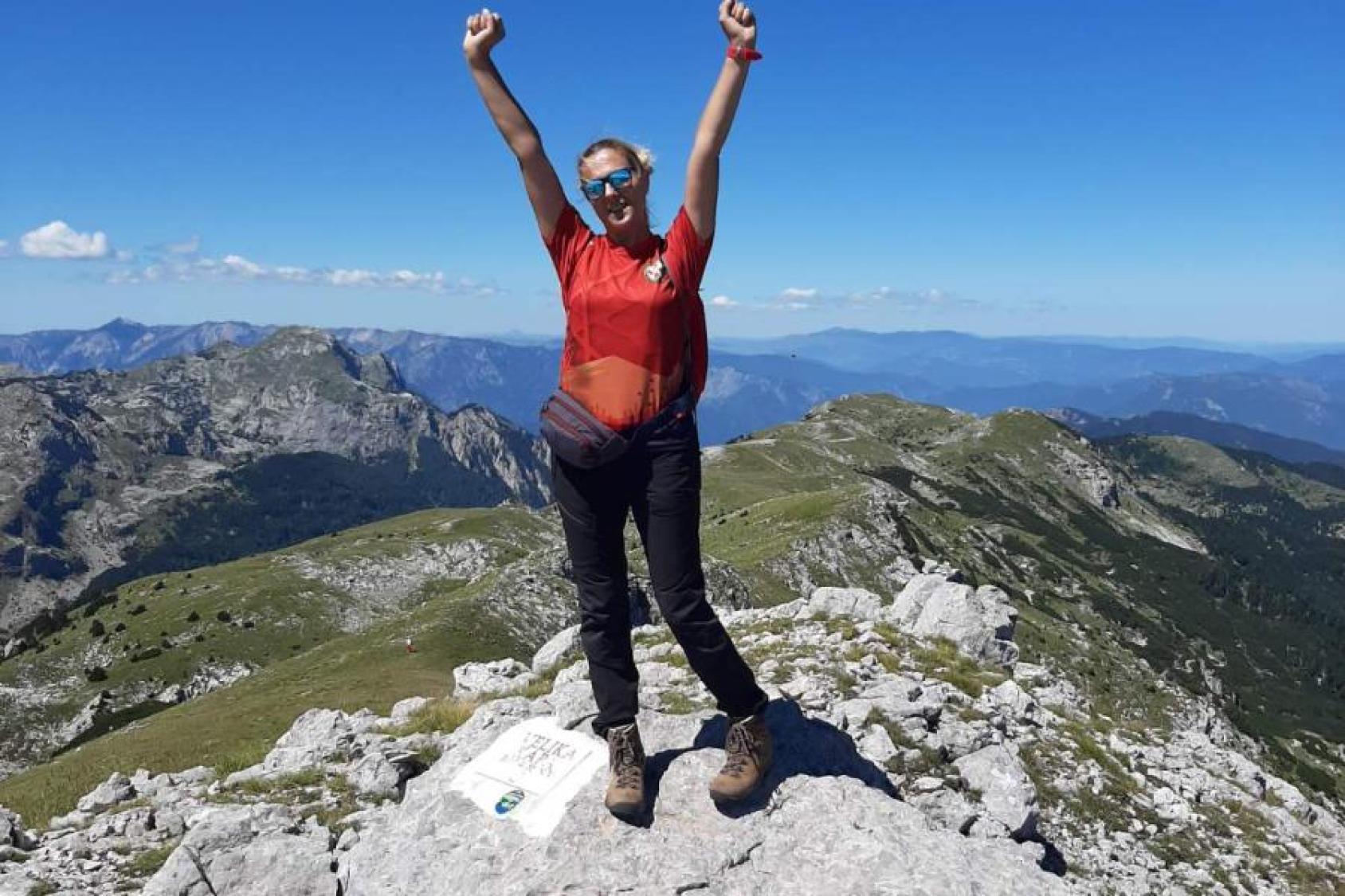
Why did you decide to join the mountain rescue service, what was the main motive, and what does it mean to you today to be a member of such a team?
Matilda: Earlier, the mountain rescue service was not a separate legal category, but a section within a mountaineering club. When the mountain rescue services separated, I joined the Konjic station immediately when it was founded. For me that was a logical step because I had already been a member of the mountaineering club for years. Since the mountain rescue service is exclusively about volunteerism - we do not receive any compensation - I think the only motive for everyone, including me, is to help people in trouble. That is the empathy a person has inside.
Arina: I worked in the Sector for Protection and Rescue within the BiH Ministry of Security on administrative, logistical, and coordination tasks. That sector did not have an operational rescue team, but I closely cooperated with entity civil protection administrations and the Public Safety Department of Brčko District. I could not be a member of the field team because there are conditions for being part of civil protection rescue teams that I did not meet. To better understand the needs of rescue teams, I decided to join the mountain rescue service and at the same time help and also understand how teams actually function, and understand their needs when they request something from the administration.
Nisada: I am not originally from Sarajevo, and in my town, there was no mountain rescue service, so when I learned more and found out about GSS, I realized that I could use my love for mountains to help someone. I believe that helping others in trouble is the greatest act of humanity and we should use it if we already do mountaineering.
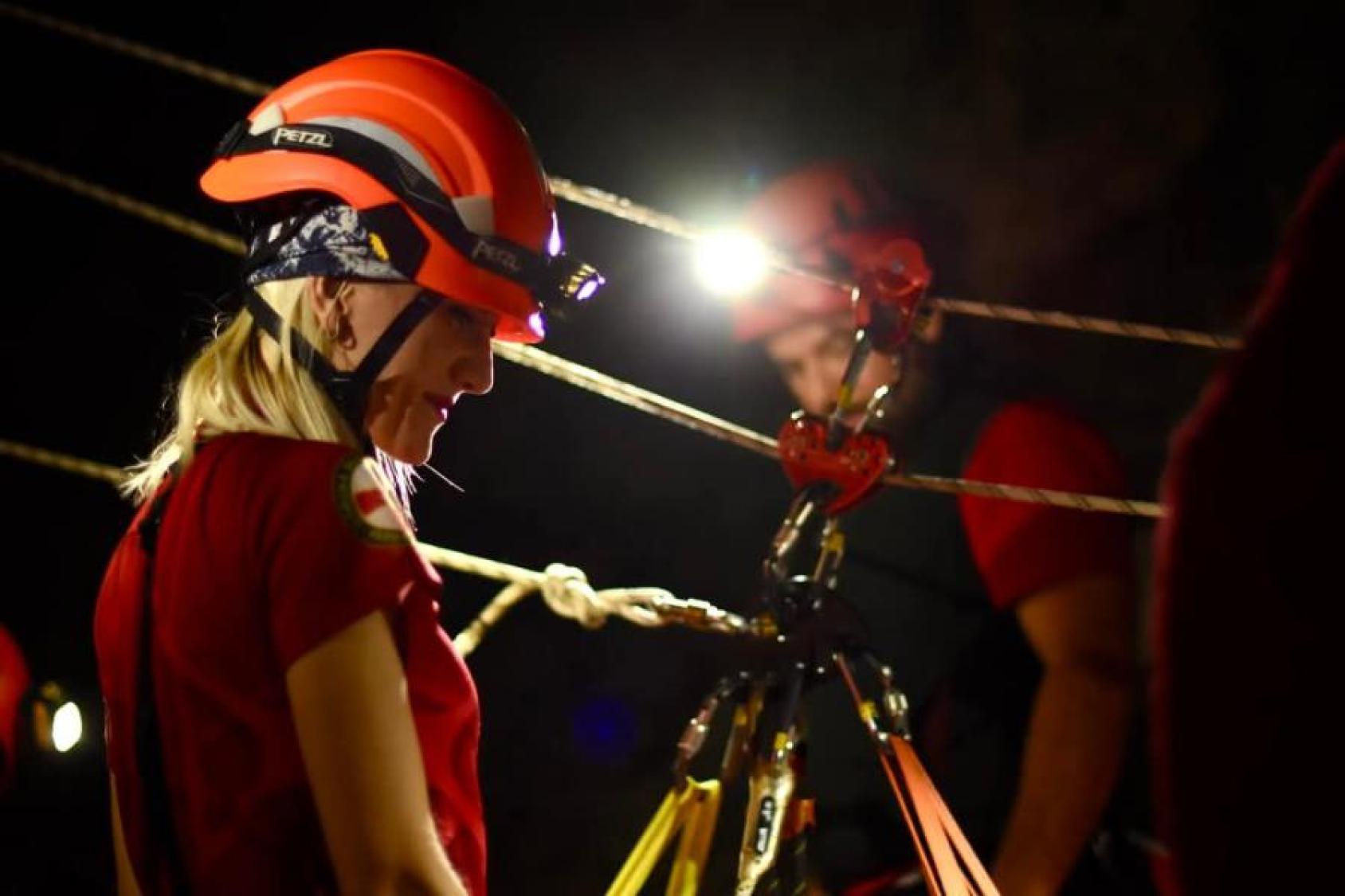
Are there additional challenges that women in GSS face compared to men?
Arina: As for physical exertion, we somehow carry it equally. Our colleagues will never allow us to carry a 200-meter rope, they will step in, but all the courses we go through are the same. Some handle it more easily, some harder, but I think the biggest barrier is mental, and the ego we will overcome by asking a colleague to help us. What is most important in the field is that we are safe, that our colleagues are safe, and then comes everything else. I think women contribute with empathy and conversation, we have a women's instinct, and gather the team. We keep things gentler and make it easier to endure rescue operations or very stressful situations.
Nisada: The advantage of a woman is that she can react a little better emotionally if we have, for example, a search operation. There we have family members who are worried and desperate, and somehow we calm them better than male colleagues because we pay more attention to such things. But as for participating in operations themselves, sometimes there are prejudices when a woman joins GSS, in the sense that someone thinks she is not physically ready and strong enough for certain tasks. But through the quality of work itself, expertise, and readiness to go out into the field shoulder to shoulder, those differences and prejudices are lost and mutual respect in the team is built.
Matilda: We had an operation in the Rakitnica canyon, a British citizen fell, broke her leg. We immobilized her leg and carried her for hours. I happened to be the only woman in the team, and at one point I asked her if she needed to go to the toilet, to which she said she did. She could not get up from the stretcher, and I told the guys let’s put her down, everyone, move away, so I could help her, undress her, and return her to the stretcher. That is just one example of how important the presence of women is in the mountain rescue service team. That women's attention stands out especially if the injured person is a woman. We have the strength to calm, comfort, even hug those in distress.
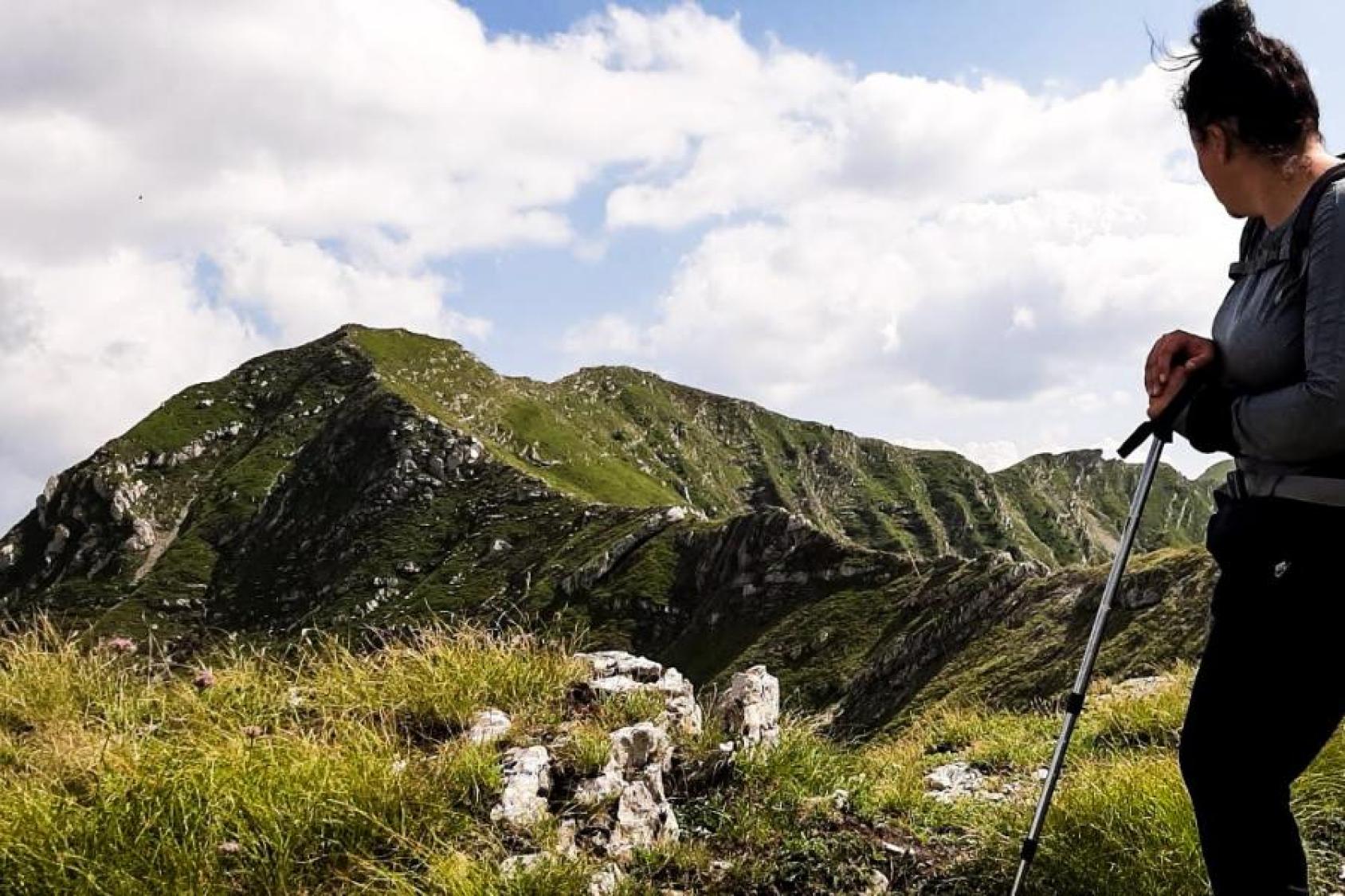
What would you say to girls and women who are thinking about practising mountaineering and exploring nature, but maybe also dream of becoming members of GSS? What should they keep in mind?
Matilda: Join the mountain rescue service. You will certainly acquire skills that will make you love yourself. Being part of a team that saved a life is invaluable, above all, personal satisfaction. Contact the mountain rescue station in your city, it will be an honor for us to have you, girls, in the team.
Arina: What we need to have is the ability to build selflessness and generosity within ourselves. It is fine to put yourself first, but at the same time, the most important thing, not only in the mountain rescue service, but generally in life, is to treat others with respect because everyone can contribute - whether they work in administration, logistics, rock rescue, or a specialization such as diving, water, and underwater rescue. Building a career through mountain rescue is not possible, it is done voluntarily, and it really requires going into it with heart and soul.
Nisada: I would tell girls not to think in terms that gender should be a question of whether they can or cannot do something. The most important thing is that a girl is ready to dedicate herself because this is a very long and intensive process that requires a lot of sacrifice, effort, and learning. It is important that the person is a team player because here, one person alone cannot do anything. You can be perfect in rescue techniques or first aid, but if you are not a team player and do not work with colleagues, you cannot do anything. Women can, if they want, do everything equally as men.
To read the full interview click here.
